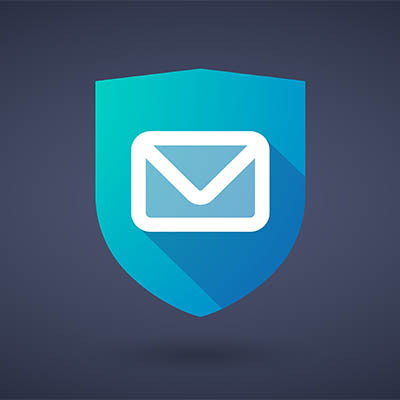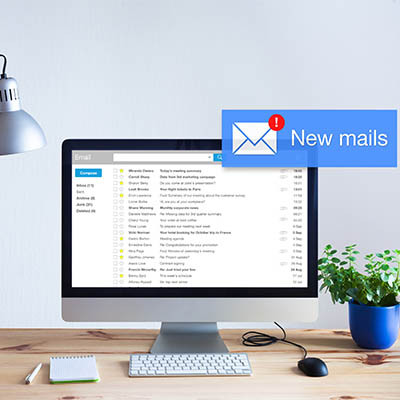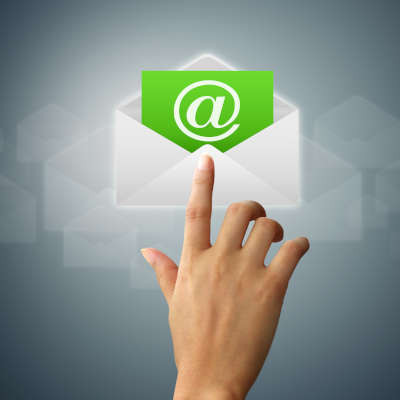All businesses rely on email, but we will admit that it’s not the sexiest technology solution out there. It’s more of a necessity rather than something you might get excited about implementing for your company. Still, this does not lessen its importance, so you should give it the same care you would any other aspect of your business’ IT infrastructure.
Advanced Computers Blog
As you read this sentence, think about the current state of your email inbox. Is it clean and crisp with only a handful of new emails on a daily basis, or is it an entangled mess filled with hundreds (or even thousands) of unread and often unimportant emails? If it’s the latter, you’re in luck; we’ve got some tips to help you finally get a grip on your email inbox.
For many, working from home has been an adventure. A lot of workers were moved off site during the pandemic and now, a year later, are just now settling into working from home and the new expectations that this brings. People just had no idea how their job would change over the time they are away from their office. Today, we take a look at communications fatigue and what your business can do to help your remote workers from feeling overwhelmed.
Gmail is a popular option for businesses seeking to use email, one of the business world’s most popular solutions, seeing as it has a 33.7 percent market share. Many of these businesses may have found that they spend more time using Gmail than they would prefer. Fortunately, if this time is spent repeatedly writing the same message, there is a solution: Gmail templates.
Email has been one of the primary correspondence methods for businesses for several years. In addition to communicating with your team, clients, and peers, emails also bring you the latest blog in a subscription, or sales and marketing messages from prospective vendors. With dozens of emails flowing in throughout your day, emails can become a distraction that results in a significant loss of productivity. These three tips can help you cut down on time that you waste when compulsively checking your emails.
Email is (and has been) a prime method of communication for businesses of all sizes. With email comes a whole slew of issues that are essentially synonymous with the technology; spam, information overload, phishing, and information privacy. Even New York small businesses that only do business locally are at risk of these issues. Personal email accounts are equally at risk. Employing proper precautions and practices whenever communicating via email is very important to prevent the risk of security compromises, monetary loss, and even legality issues.







